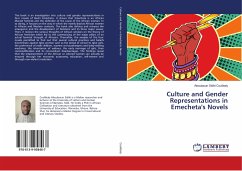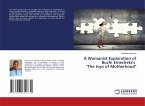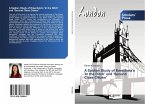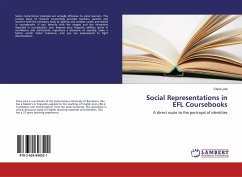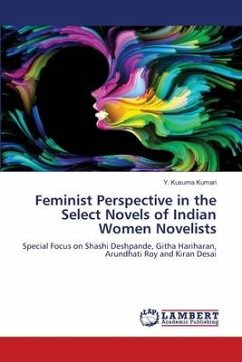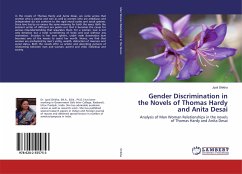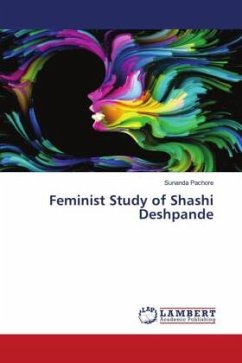This book is an investigation into culture and gender representations in four novels of Buchi Emecheta. It shows that Emecheta is an African Marxist feminist and the defender of the cause of the African woman. In so doing, it focuses on the way in which she mainly depicts African women in African and Western contexts. The book also defines and retraces the emergence and the development of feminism and its three major waves. Then, it reviews the various thoughts of African scholars on the theory of African feminism which led to the summarizing of the major pillars of an actual feminist thought of Africans. Thereafter, the analysis of the four novels permitted to find out that several cultural practices and beliefs discriminate against Igbo women such as the denial of school to Igbo girls, the preference of male children, women as housekeepers and baby-making machines, the inheritance of widows, the early marriage of girls, their commodification and its concomitant disadvantages. The findings reveal that the empowerment of the African or colored woman can actually be ensured through her economic autonomy, education, self-esteem and through non-violent revolution.
Bitte wählen Sie Ihr Anliegen aus.
Rechnungen
Retourenschein anfordern
Bestellstatus
Storno

